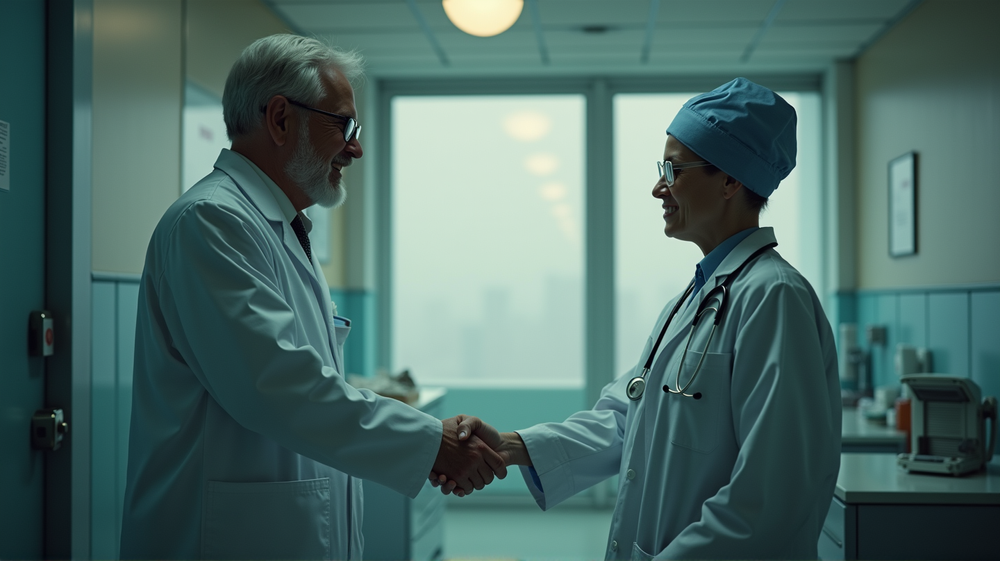Analyzing the Healthcare Crisis
In a nation that spends more on healthcare than any other, witnessing some of the worst health outcomes might seem paradoxical. This pressing predicament is not just about dimes and diagnoses; it’s woven with the deteriorating threads of the doctor-patient relationship. Once central to the medical practice, this bond now appears to be a mere shadow of its former self—a result of burgeoning bureaucracy and external intrusions. According to KevinMD.com, these shifts are reshaping the very fabric of care.
The Slow Erosion of Trust
The decline didn’t happen overnight. This gradual disintegration of personal medical rapport can be traced back decades. Reflecting on his own practice in the early 2000s, retired urologist William Lynes recalls how he, alongside his patients, made healthcare decisions collaboratively. Fast forward to today, and such decisions are often dictated by guidelines that sideline physician preference, emphasizing the policy over patient.
External Influences and Their Impact
The narrative takes another twist as non-clinicians and healthcare bureaucrats chip away at the doctor’s authority. Drug guidelines once bent to clinical discretion have become rigid dictates, undermining professionals who view healthcare as an art intertwined with scientific guidelines.
Cultivating a Path to Reconnection
Restoring this relationship is akin to climbing a mountain. A mountain created by layers of systemic shifts. Physicians need to reclaim the decision-making mantle, and patients must once again see their doctors as trusted allies rather than distant prescribers. However, those currently steering healthcare’s course are reluctant to surrender control. They discount the physician’s training, believing their own decision-making credentials to be definitive.
A Call to Action for Change
Reviving the doctor-patient dynamic demands relentless determination. It beckons every stakeholder to revisit what truly defines healthcare. As Lynes passionately asserts, the reestablishment of this partnership is not just a hope but a necessity to salvage the essence of American medicine.
Reflecting on the Future of Medicine
In this unfolding saga, one cannot ignore the emotional toll on those in scrubs and those on examining tables alike. What was once a warm, heartfelt connection has now evolved into a routine exchange. Reclaiming this relationship could well be the antidote to our healthcare crisis. As the future looms, one can only hope for an era where genuine doctor-patient connections aren’t a relic of the past but the cornerstone of caring.













